
At Knowledge7, we love Python.
We have been using Python for about one year now, in the process, have discovered quite a lot of Python libraries that we use on a daily basis. Here they are:
- Flask is a web framework which we use to build most of our (new) backends.
- SQLAlchemy is an Object-Relational Mapper.
- Requests is used to issue HTTP requests and handle responses.
- Rauth is OAuth for Python.
- BeautifulSoup and pyquery for parsing XML and HTML documents.
- Fabric for sending commands to distant servers using SSH.
- Virtualenvwrapper to create multiple Python environments (useful for testing new libraries for example).
And this is just the beginning.
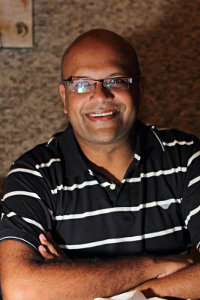
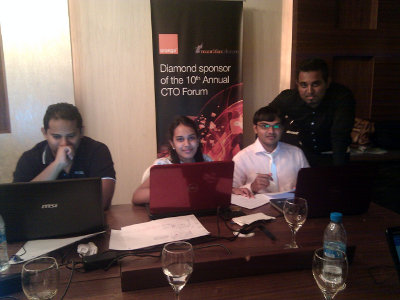
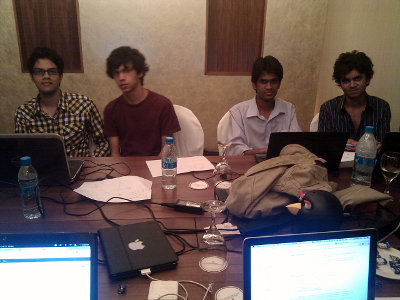
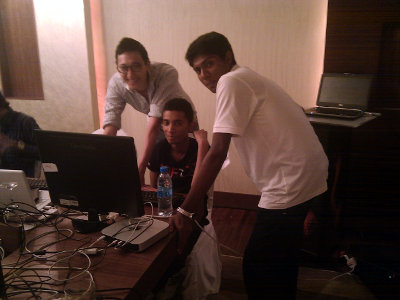
 We are proud to announce the launching of our
We are proud to announce the launching of our 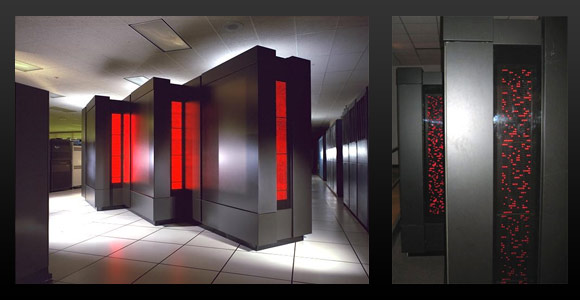
 Our quicker solution
Our quicker solution
 Fifth reason: Computer programming is interesting
Fifth reason: Computer programming is interesting